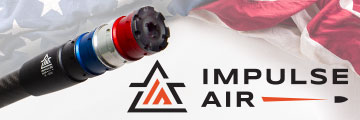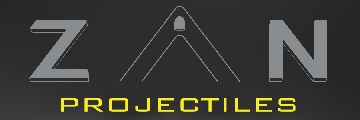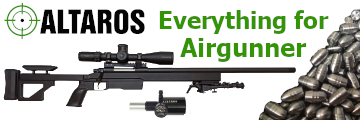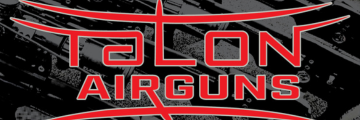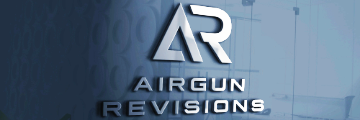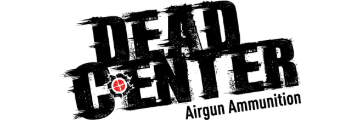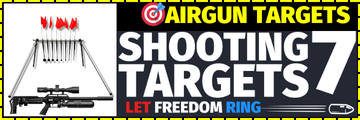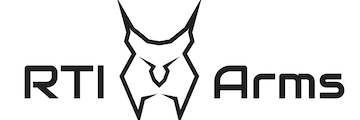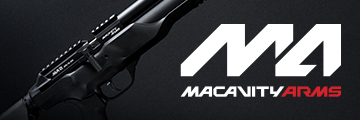I modified the Tote after church today. I didn't like the look of the ends of the rope handles. So, I made a thick dowel "Washer" and epoxied to the end of each rope. So, the rope ends are whipped (wrapped with archery D-Loop), heat melted, and capped with the wooden "washer".
I also wanted to add a piece for those who have a stock that they'd like to sit higher in the butt end. So, I made a disc and covered the top with leather that fits in the area of the butt stock if needed.
I finished this Air Rifle Tote earlier today.
It is made of kiln dried KY Coffee Tree. Kentucky Coffee Tree is very rarely available at my local saw mill. In fact, this is the only time I've used this wood for any project. It is tightly grained and easy to work with. The wood looks a bit like sassafras except heavier. Also looks a bit like white ash and about the same weight. I will be making two more in sassafras soon.
The bottle slot is 63 mm in diameter and holds a standard 60mm bottle very securely. It fits my BRK Ghose as pictured and my Taipan Vet 2 nicely. The adjacent set of holders is for shooting sticks or tripod.
My build process: Lumber from saw mill (kiln dried), I mill (square on jointer, plane on planer, table saw and miter saw to finish milling, drill press to cut gun holders, and band saw to finish gun holders,
Features:
- About 20"x 9"x8"
- Weight: 13 Pounds
- All wood is 4/4 (1" thick).
- Joints are dowel (14 total).
- Thick Leather padded protection for air gun
- Laquer finish
- Beveled edges
- 1/2" Rope Handles whipped and melted on the ends to prevent unraveling
- Eastern red cedar blocking inside corners for added strength
$110 + 15 Shipping = $125 Total (PP or Money order)
Note: If someone wants one custom made these are options you can select: - Wood Species if available (Walnut, cherry, oak, sassafras, ash, eastern cedar)
- Diameter of airgun air tube
- Rope handles or none
























